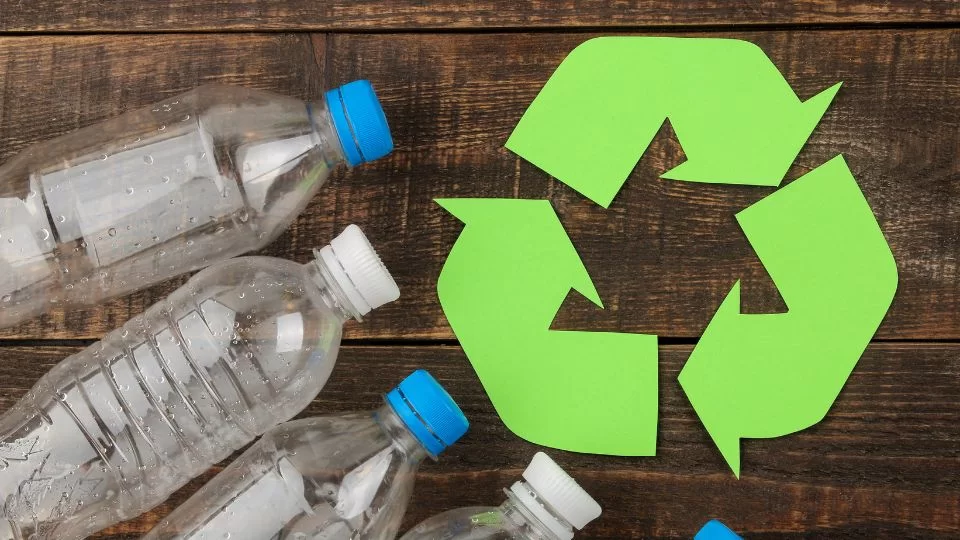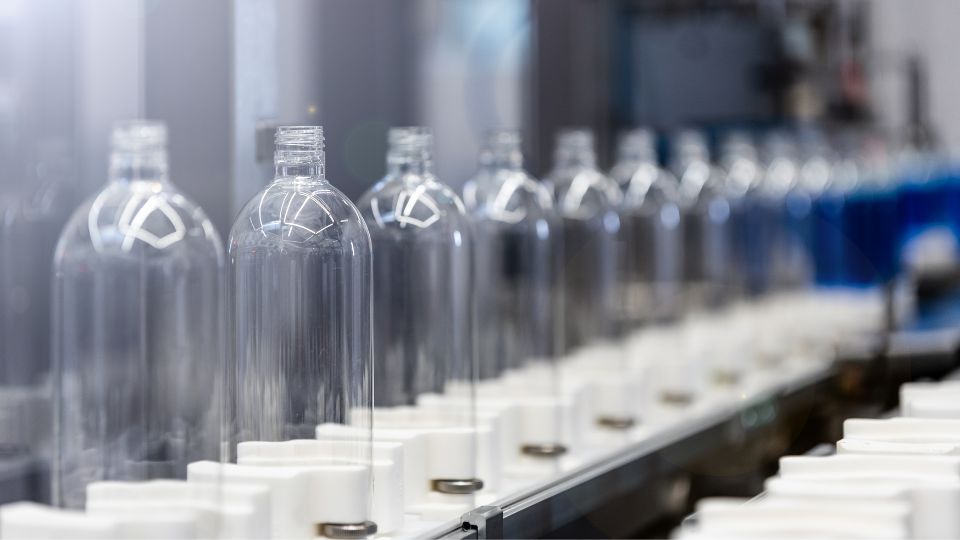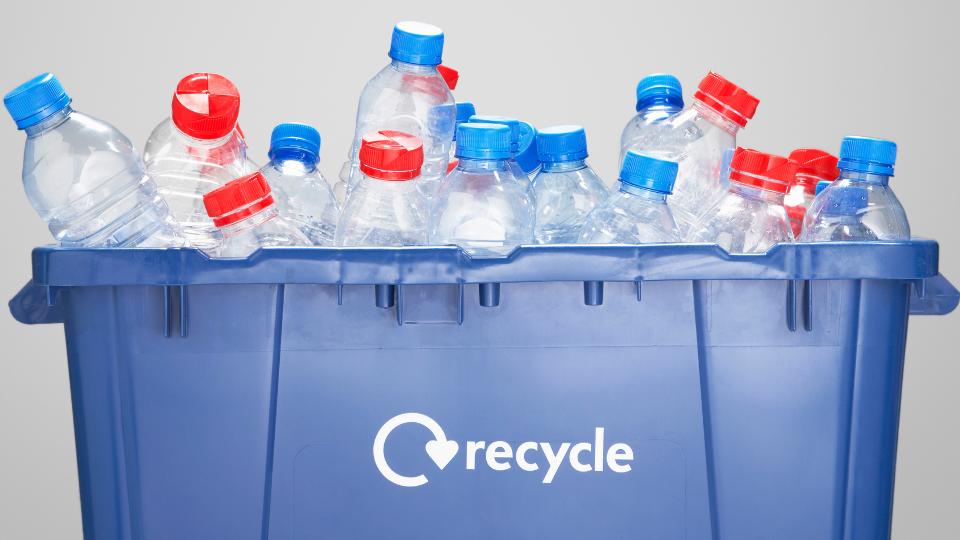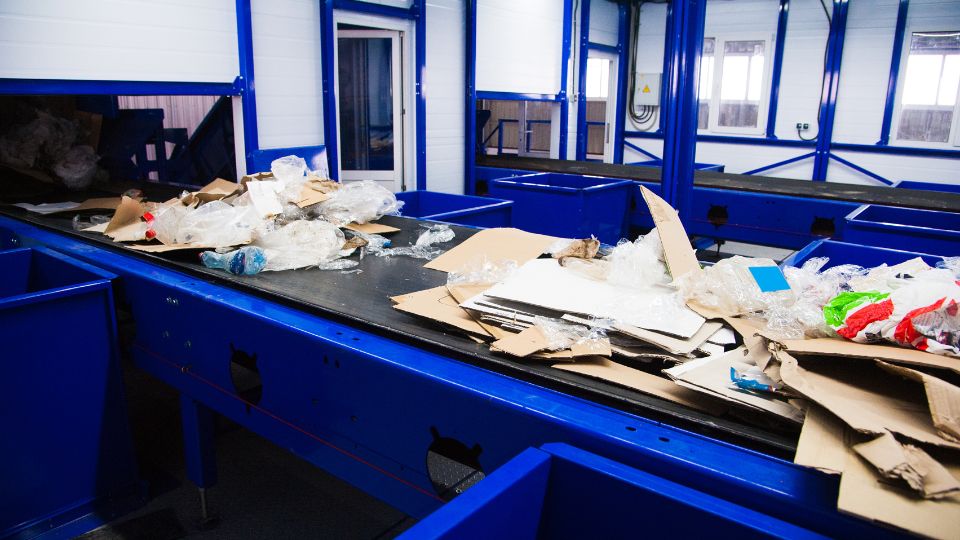
Plastic waste has become an urgent global challenge, necessitating innovations in plastic recycling and repurposing.
In this post, we will explore a range of specific products and technologies leading the way in plastic recycling.
From ecobricks to plastic roads and 3D printed furniture, these innovations demonstrate the transformative power of creative solutions in tackling the plastic waste crisis.
Ecobricks: Turning Plastic Waste into Building Blocks
Ecobricks are a simple yet ingenious innovation that empowers individuals to repurpose plastic waste into sturdy building blocks.
By stuffing plastic bottles tightly with plastic waste, ecobricks create a reusable and highly insulating material.
These bricks can be used for construction projects, such as walls, furniture, and even entire structures.
Ecobricks not only help to divert plastic waste from landfills and oceans but also serve as an eco-friendly alternative to traditional building materials.
Communities worldwide are embracing ecobricks as a practical solution to reduce plastic waste while creating sustainable infrastructure.
Plastic Roads: Paving the Way to a Greener Future
Plastic roads are another remarkable innovation that addresses both plastic waste and the challenges of traditional road construction.
These roads incorporate recycled plastic waste into the asphalt mix, reducing the need for virgin materials and extending the lifespan of the pavement.
By integrating plastic waste, such as single-use plastic bags and bottles, into road construction, plastic roads offer numerous benefits.
They provide a more durable and flexible road surface, resist cracks and potholes, and reduce the carbon footprint of road infrastructure.
Plastic roads are already being successfully implemented in various countries, demonstrating their potential as a sustainable solution for our transportation networks.
MacRebur is currently leading the way in the plastic road revolution.
3D Printed Furniture: From Plastic Waste to Functional Designs
The advent of 3D printing technology has opened up exciting possibilities for transforming plastic waste into functional and aesthetic objects.
Furniture, home decor, and artistic pieces can now be created using recycled plastic materials. For instance, The New Raw has developed urban furniture such as park benches out of plastic waste.
Through the use of plastic filament made from recycled plastics, 3D printing enables the production of customisable and sustainable designs.
This approach reduces the demand for new raw materials and offers an environmentally friendly alternative to traditional manufacturing processes.
Moreover, it highlights the creative potential of recycling, allowing for unique and innovative products to be made from what was once considered waste.

Ocean Plastic Cleanup Technologies: Combating Plastic Pollution at its Source
In addition to recycling and repurposing, innovative technologies are emerging to tackle plastic pollution directly at its source.
Advanced systems are being developed to collect and remove plastic waste from oceans, rivers, and other water bodies.
These cleanup technologies employ a range of methods, including passive drift systems, autonomous surface vessels, and even large-scale floating barriers.
These devices can trap and collect plastic debris, preventing it from further polluting marine environments.
Some initiatives are also exploring the possibility of converting ocean plastic waste into usable products, creating a circular economy approach to tackle the problem.
Chemical Recycling: Breaking Down Plastics at the Molecular Level
One promising innovation in plastic recycling is chemical recycling, a process that involves breaking down plastic waste into its molecular components.
Unlike traditional mechanical recycling, which limits plastic recycling to a few specific types, chemical recycling has the potential to transform a broader range of plastic waste, including mixed plastics and contaminated materials.
Technologies like depolymerisation, pyrolysis, and gasification are gaining traction in chemical recycling.
Depolymerisation breaks down plastic polymers into their monomer units, which can then be used to produce new plastic products.
Pyrolysis and gasification involve heating plastics in the absence of oxygen, and converting them into fuel or feedstock for various industries, including energy production and chemical manufacturing.
Bioplastics: Sustainable Alternatives to Conventional Plastics
Bioplastics have emerged as an exciting innovation in plastic recycling, offering sustainable alternatives to traditional petroleum-based plastics.
These biodegradable or compostable plastics are derived from renewable sources such as cornstarch, sugarcane, or algae.
In recent years, advancements in bioplastic technologies have allowed for improved durability, functionality, and reduced production costs.
Some companies are even developing bioplastics that can be recycled alongside conventional plastics, enabling a smoother transition toward more sustainable plastic materials.
Enhanced Sorting Technologies: Increasing Efficiency and Purity
Efficient sorting is crucial for effective plastic recycling.
Traditional sorting methods have limitations, often resulting in contaminated recycling streams or materials being discarded due to incorrect categorisation.
However, recent developments in sorting technologies are addressing these challenges.
Automated sorting systems equipped with advanced sensors, artificial intelligence, and machine learning algorithms are revolutionising plastic recycling.
These technologies can accurately identify and separate different types of plastics based on their chemical composition, colour, shape, or other distinguishing characteristics.
By improving sorting efficiency, these innovations enable a higher quality of recycled plastic and reduce the likelihood of contamination.
Conclusion
Innovations in plastic recycling have brought forth a multitude of remarkable products and technologies that are revolutionising our approach to plastic waste.
From ecobricks and plastic roads to 3D printed furniture and ocean plastic cleanup systems, these solutions demonstrate the potential for sustainable transformation.
As we continue to confront the plastic waste crisis, it is essential to support and embrace these innovations.
Using and expanding these technologies can reduce plastic pollution, conserve resources, and create a more sustainable future.
We need to work collectively to promote and adopt these innovative solutions, paving the way toward a cleaner and greener planet for generations to come.






